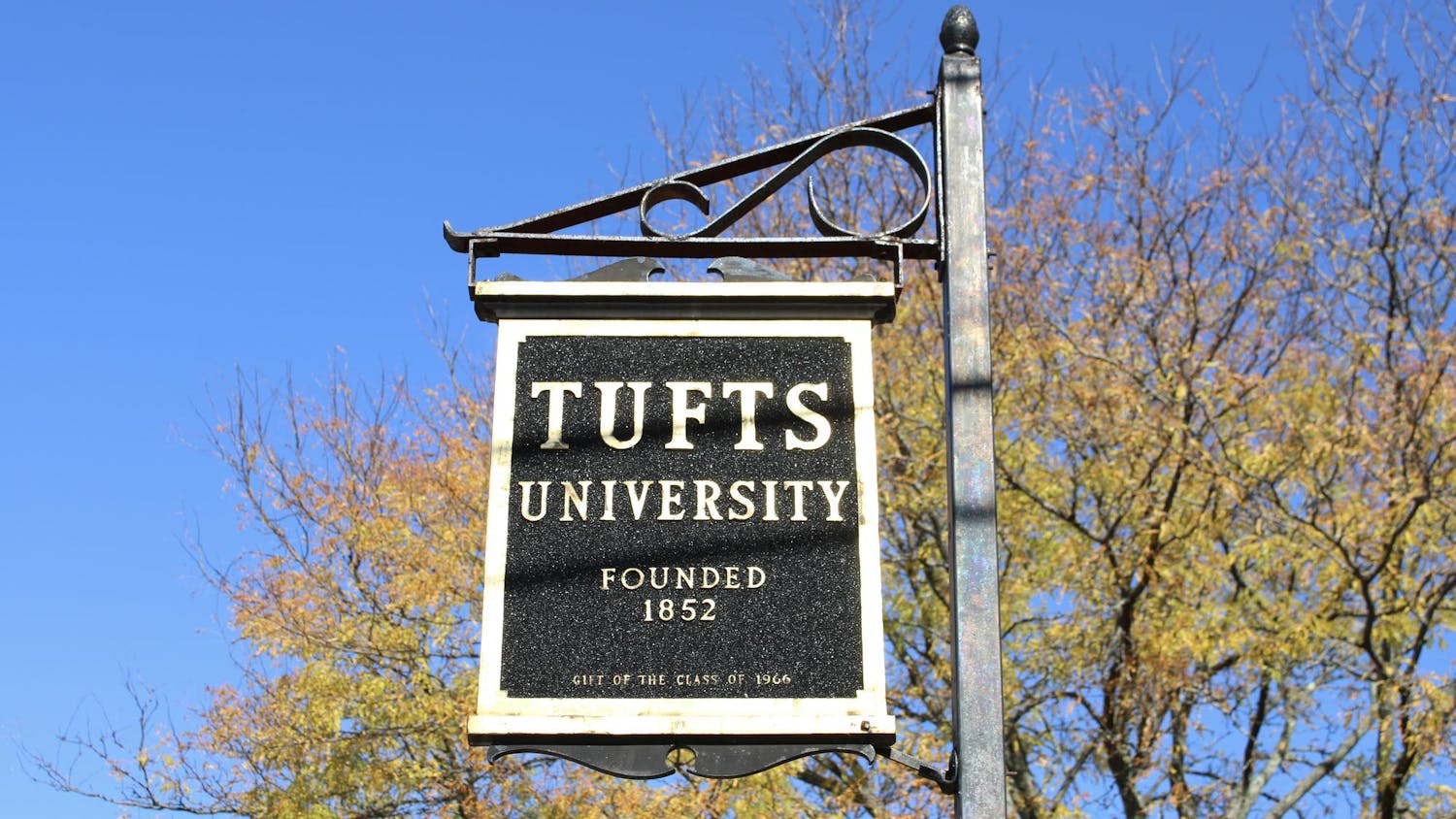A 20 to 30 minute presentation is not an adequate resource for students navigating the maze of loans and financial aid. But for many students around the country, such scant information is an unfortunate reality.
A recent poll conducted by NERA Economic Consulting exposed that 40 percent of students do not remember having participated in federally required financial aid entrance counseling. When a student takes a federal loan, they are required to complete a mandatory entrance course, provided to them either in person or online, 20 to 30 minute educational course or in person. But with the efficacy of those programs failing to measure up, we believe that Congress and colleges should develop new resources to bring clarity to the student loans process.
Currently, the private student loan process remains barely regulated, and private lenders are too much in control of what students see about their debts and when they see it. When "shopping" for loans, institutions that students should be able to trust often provide controversial preferred- lenders lists, sometimes failing to inform students of other, possibly more beneficial federal options.
Congress has a variety of bills in the works to lessen the murkiness of the loans process. The Understanding the True Cost of College Act would require schools to send out uniform financial aid award letters that include disclosures related to private loans.
The Know Before You Owe Private Student Loan Act of 2012 aims to send monthly loan statements to students while they are enrolled so they aren't taken aback by big numbers later. The planned College Shopping Sheet seeks to lay out tuition, available federal loans and other costs of living in simple terms. All these referendums point to President Barack Obama's larger plan of reducing the role of private lenders in the college loan process, while offering better federal loans.
Tufts sets a good example in terms of giving students options to access financial aid information. Tufts' preferred lending list includes giants like Sallie Mae and Wells Fargo, but it does encourage students to view their public loan options and clearly points out that there is no obligation to use the offered private lenders.
Although the university does utilize the complex government-required entrance advising, Tufts also offers the more user-friendly SALT, a program that helps students deal with fiscal responsibility. SALT, sponsored by American Student Assistance, shows students their debt, explains what the federal loan options are and provides financial information through charts, graphs, and audio-visual presentations. Tufts pays for its students' access to SALT and provides their information to the site through a secure connection.
SALT is an example of the sort of reform Congress should be pushing for and schools should consider enacting - a program that prioritizes transparency in student loans.





